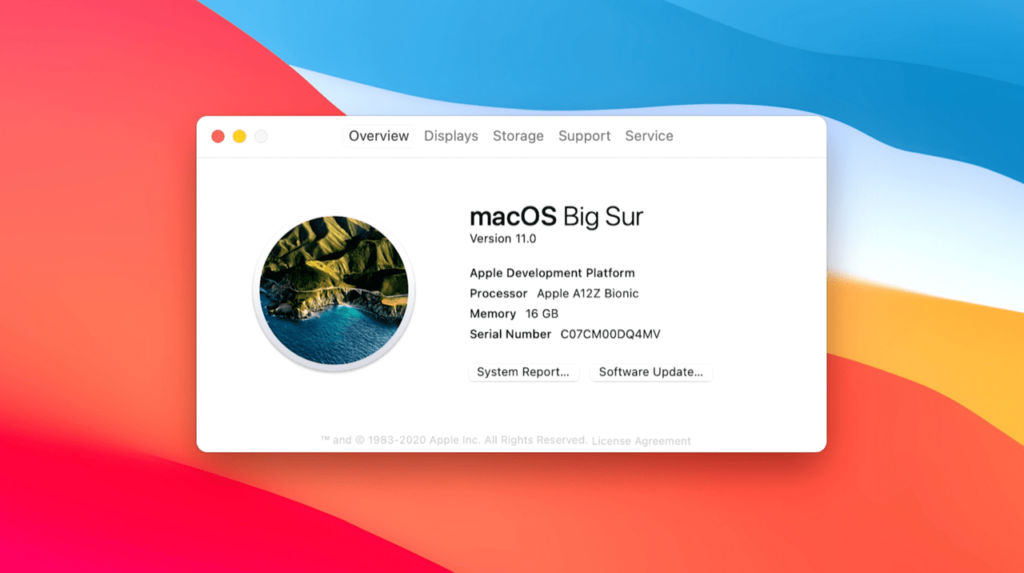COMPEL Mac OS
COMPEL Mac OS
15 synonyms of compel from the Merriam-Webster Thesaurus, plus 16 related words, definitions, and antonyms. Find another word for compel. Compel: to cause (a person) to give in to pressure. So this might compel you to use Mac OS X. Comparing the security levels of Windows 7 and Mac OS X is difficult as both have their benefits and weaknesses. Although operating systems have a major role to play in the security of your computer the ultimate responsibility lies with you, the user.

| Mac OS X Update: Quartz & Aqua by The Big Picture Aqua is very compelling. It's something that's sure to differentiate Mac OS X in the same way the the iMac stood out in the market when it was introduced. Indeed, Aqua is the 'iMacification' of Mac OS in terms of both aesthetic innovation and marketing strategy. Of course, Aqua is also compelling in that it may compel some people to gag. Like the iMac, Aqua is likely to polarize consumers and competitors alike. The gem-like buttons and the frilly animations will surely grate on the nuts-and-bolts crowd. It's also not clear how much of this chrome can be disabled. On a 233MHz iMac, will it be unacceptably slow? Conversely, does Quartz leverage AltiVec on a fast G4, rendering the extra CPU usage of even the frilliest of animations inconsequential? If the history of classic Mac OS has taught us anything, it's that industrious third parties (and even Apple itself) will fill in the gaps and patch up the holes in the UI in accordance with user demand. The Unix-like nature of Mac OS X also ensures that experienced users will, at the very least, be able to kill add-ons like the dock entirely via the command line (and perhaps start something else in its place). In this way, Mac OS X ought to provide more UI flexibility for the power user than classic Mac OS. What do Quartz and Aqua mean to the industry as a whole? To paraphrase Steve Jobs once again, it's very clear to me that every computer will work this way someday. No, I don't mean that the world's computer screens will be covered with candied window widgets and genie animations a few years from now. I mean that third generation display layers are clearly the future. Pundits frequently predict the rise of the 3D (fourth generation?) interfaces, but I think vectorized 2D has to come first. Apple is the first of the major players to bring this to market...albeit in a a fashion that is not likely to appeal to anyone but Apple's core market. I expect the rest of the industry to follow in a more conventional fashion in a few years. This is yet another outgrowth of Moore's law. As technology gets more powerful, the industry will always find new ways to harness that power. The GUI itself is the prototypical example. At one time, the thought of using memory and CPU cycles to draw windows, menus, and buttons on a bitmapped screen was considered monumentally wasteful. (I'm sure we all know one or two CLI curmudgeons who still think that way ;-) But the widespread adoption of the GUI was inevitable. In the end, the advantages (ease of use, improved aesthetics, market differentiation) outweighed the obvious disadvantages (speed, size, code complexity). When will third generation display layer technology tip the scales and begin to snowball in the industry? NeXT got the ball rolling, and Apple has followed-up with a much higher profile product. The times, they are a-changing. Release Schedule The current official release schedule for Mac OS X is as follows:
You'll notice that the release date hasn't changed since the last official Apple pronouncement: it's still 'summer 2000.' Readers of my article on Mac OS X DP2 will recall that I predicted that Mac OS X would either ship in an 'unfinished' state (a la Mac OS X Server) or not ship until 2001. It's interesting to note that 2001 is when Apple has decided that Mac OS X will be ready to pre-load on all its hardware. So it looks like Apple will ship whatever it has ready by Summer 2000, and 'finish' the OS in time for a January 2001 product migration. Epilogue: Unanswered Questions Here are a few issues that may concern Mac users.
For more information on Mac OS X, check out the following:
Other Mac-related content at Ars: For more Mac and Apple-related content here at Ars, check out the following:
|
|
I am on Leopard and trying to use the C/C++ compiler from the command line.
I have Xcode installed and I can compile from Xcode with no problems.
However I would like to be able to simply type in the command line:
% cc (or gcc or whatever) myfile.c
Neither cc or gcc or g++ was found in my PATH so I had to either alias or softlink to the Xcode nstallation which is /Developer/usr/bin/g++
Having done that, I managed to access the compiler, however it then complains about the libraries (can't find <stdio.h> for example).
Even if I try a silly program with no libraries (e.g. main() {} ) the linker returns the error
ld: library not found for -lcrt1.10.5.o
What do I need to set in order to be able to compile from the command line?
I normally use Xcode for any serious program, but I would still be able to access the compiler from the command line occasionally. One example is when I download something that needs to be compiled, like the id3 libraries which I need for a project. I cannot run the configure script because it fails to find the compiler and/or the standard libraries.
Any help would be greatly appreciated
Thanks in advance
/Andrea

Compel Mac Os Download
Compel Mac Os Catalina
Power G5, Mac OS X (10.5.4)
Compel Mac Os 11
Posted on Nov 25, 2009 9:44 AM
COMPEL Mac OS
